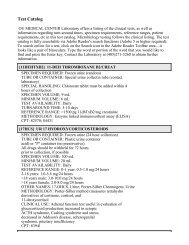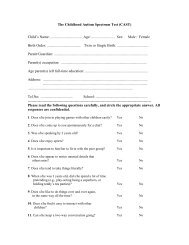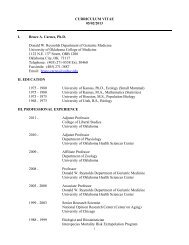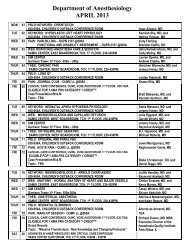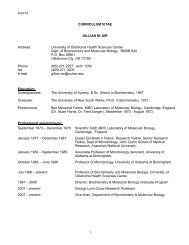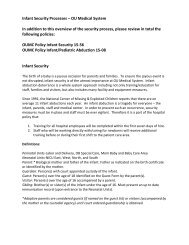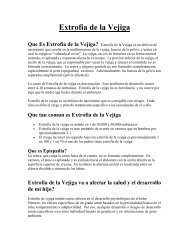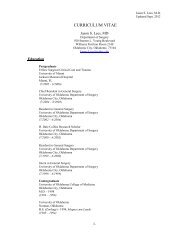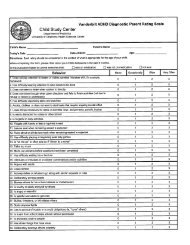Communities Advancing Resilience Toolkit (CART ... - OU Medicine
Communities Advancing Resilience Toolkit (CART ... - OU Medicine
Communities Advancing Resilience Toolkit (CART ... - OU Medicine
You also want an ePaper? Increase the reach of your titles
YUMPU automatically turns print PDFs into web optimized ePapers that Google loves.
make notes on a flip chart or board, depending on whether you expect to revisit<br />
comments made during the conversation.<br />
Step 6: Analyze the results. Immediately after the session, the facilitator and note taker<br />
should each record their impressions of:<br />
� central themes<br />
� dissenting and minority themes<br />
� underlying contexts relative to responses<br />
� outstanding or unusual verbal and nonverbal reactions<br />
Themes should be organized in a hierarchy from major to minor. Computer software (e.g.,<br />
NVivo or EZ-Text) is available to assist in the analysis or the analysis can be conducted<br />
manually.<br />
Considerations<br />
Selection of location. People should feel neutral about the location. Transportation and<br />
parking must be accessible. The room should be large enough to accommodate the group<br />
comfortably. The seating arrangement should permit people to see each other and it<br />
should foster interaction. Acoustics should be such that participants can hear each other,<br />
people outside the room cannot hear what is being said in the room, and outside noise is<br />
not disruptive. Sufficient electrical outlets must be available to operate any equipment<br />
(e.g., a coffee pot).<br />
Supplies. Name tags and table tents should indicate first names only. Flip charts may be<br />
useful to write down concepts that emerge so that everyone can see them. Markers,<br />
masking tape, pencils, and paper also should be available in case they are needed. Use a<br />
clock or watch to ensure timely progress through the agenda. Refreshments should be<br />
available but should not interfere with the group process.<br />
Selection of facilitator. The quality of the information received in a community<br />
conversation is only as good as the skill level of the facilitator. Hence, the facilitator must<br />
be trained if he/she is not experienced. Training involves knowledge about group<br />
<strong>Communities</strong> <strong>Advancing</strong> <strong>Resilience</strong> <strong>Toolkit</strong> (<strong>CART</strong>) Page 26



